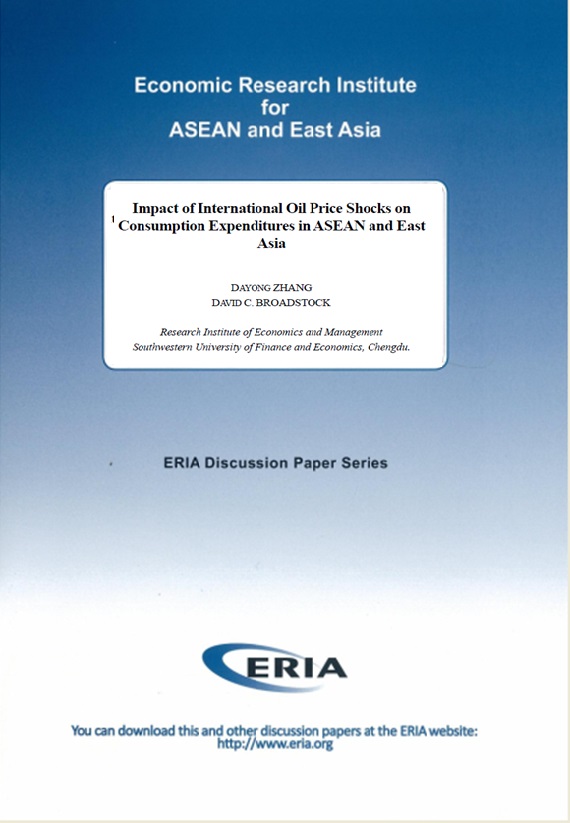Impact of International Oil Price Shocks on Consumption Expenditures in ASEAN and East Asia

Print Article:
This paper examines the impact of international oil shocks on consumption expenditure in selected ASEAN and East Asia economies. By including oil shocks into a standard macroeconomic model of consumption theory, one sees the response of consumption to the changes in the international oil price. Empirical results show that oil shocks do affect consumption and there are asymmetrical effects. There are clear differences in the level and direction of the impacts on each of the ASEAN and East Asia economies. These implications shed light on how the idea of regional energy market integration can be a way to share risks and optimise resource allocation. Nonetheless, given the clear disparity and similarity in sub-groups, integration should be implemented while allowing for differentiation in terms of the role each country plays.




